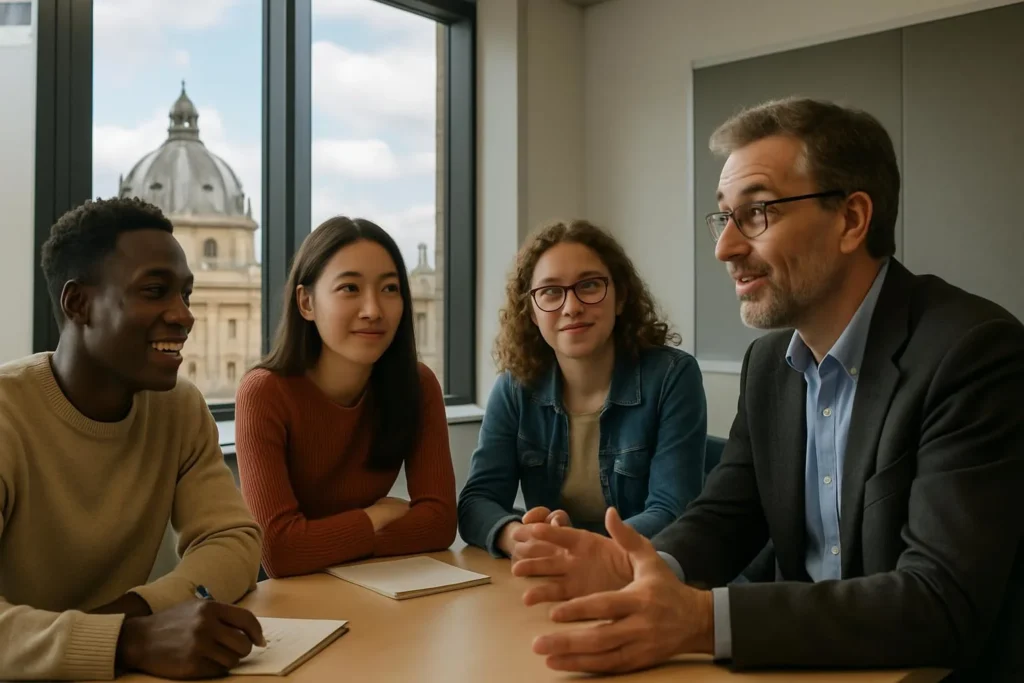Oxford Interview
What to Expect
Securing an interview at the University of Oxford is a monumental achievement, a testament to your academic prowess and intellectual curiosity. However, the prospect of the How to Prepare for Oxford university interview itself can be daunting. The mystique surrounding Oxford interviews, with tales of abstract questions and intense academic grilling, often creates more anxiety than necessary. This comprehensive guide aims to demystify the process, providing you with a clear roadmap to navigate the Oxford interview with confidence. We will delve into the core philosophy behind the interviews, deconstruct the process, and offer practical tips and strategies to help you shine. By understanding what to expect and how to prepare, you can transform this challenge into an opportunity to showcase your true potential and passion for your chosen subject.
Understanding How to Prepare for Oxford university Interview
Oxford interviews are not designed to trick applicants but to assess academic potential and engagement with complex ideas. They are conversations, akin to a ‘short tutorial,’ reflecting Oxford’s unique teaching style . The focus is on how you think, approach problems, and articulate reasoning, rather than rote memorization. Interviewers observe your responsiveness to new information and adaptability. They seek intellectual curiosity, genuine enthusiasm for your subject, and the ability to discuss wider reading and abstract concepts. How to Prepare for Oxford university interview mirrors Oxford’s tutorial system, gauging your suitability for interactive, in-depth discussions. Key qualities sought include academic potential, self-motivation, independent and critical thinking, problem-solving, flexibility, and strong communication skills. By focusing on intellectual engagement, the interview becomes a stimulating academic exchange.
Deconstructing the Interview Process
Responding to Hints and Guidance
Tackling Unconventional Questions
Behavioral and Personal Questions

Mastering the Art of Preparation
Practical Tips for Interview Day
Before the Interview: Logistics and Mindset
During the Interview: Engagement and Responsiveness
After the Interview: Reflection and Next Steps
Conclusion
Get More info
how to get in Oxford University : Click Now get info
Oxford University acceptance Rate : Click now get Info

